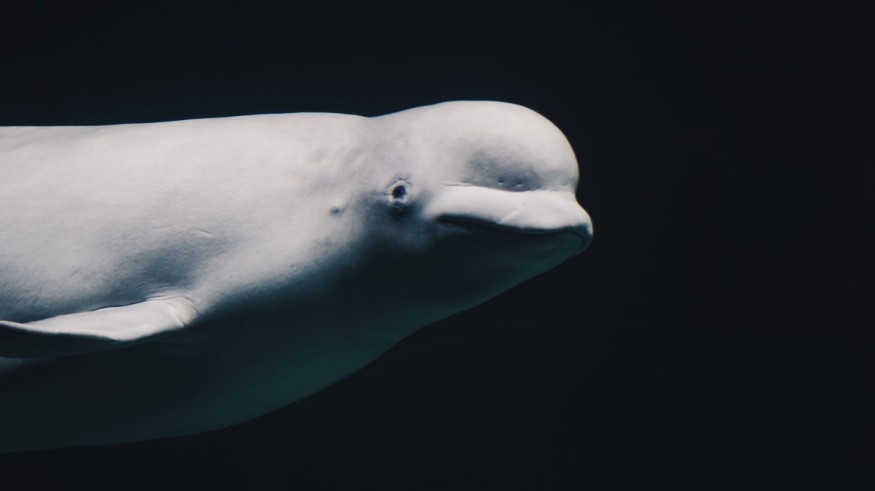Sea ice loss is endangering migrating beluga whales from the Arctic to the southern waters, exposing them to their natural predators and other external threats, according to reports. As the melting of glaciers and ice sheets continues amid climate change and global warming, not only Arctic animals such as polar bears lose their habitats and prey but also the said white whale species.
The climate-driven loss of sea ice, which threatens the great annual beluga whale migration, could also impact the population of the Arctic and sub-Arctic cetacean. This threat is expected since the migration itself involves the foraging and mating of giant marine mammals. Described by experts as highly sociable and intelligent creatures, beluga whales are known to be friendly with humans.
The looming natural disaster poses various risks to the sea creatures in the Arctic waters, whether direct or indirect repercussions. Previous research on habitat loss in marine ecosystems, due to anthropogenic warming, shows that ocean warming can lead to loss of food opportunity, including fish, for predators such as the beluga whales since excessive ocean temperatures can kill several living organisms.
Climate scientists have often linked melting glaciers and ice melt in general to anthropogenic or human-induced greenhouse gas emissions and fossil fuel burning, leading to the current "climate emergency" worldwide. Scientists have warned that the climate crisis has intensified extreme weather events, including catastrophic natural disasters such as hurricanes, heatwaves, and even drought.
Beluga Whales Under Threat

Every July, approximately 57,000 beluga whales travel from the Arctic to warmer waters in the sub-Arctic region, specifically to Canada's Western Hudson Bay, according to the World Wildlife Fund Canada. The shallow water in these "safe southern havens" protects them from predators such as orcas or killer whales, that allows them to feed, populate, and shed their skin on the surface of rocks of the riverbeds.
Experts told ABC News that sea ice loss impacts beluga whales since the animals use the sea ice to hide underneath it to evade the killer whales that hunt them. In addition, the rise of ocean temperatures is also attracting orcas further to the northern Arctic waters.
Climate Change Threat
While the climate change threat concerns economies and poses life-threatening hazards to vulnerable communities, it also places animals at risk and disrupts their food chain, as well as natural ecosystems.
According to the World Wildlife Fund (WWF), climate change can increase the frequency and strengthen the intensity of drought, heatwaves, storms, rising sea levels, warming oceans, and melting glaciers. These phenomena can directly harm animals and destroy the places they live.
For instance, droughts are threats to crops, freshwater supplies, and wildlife, leading to the deaths of some animals due to the lack of food and water resources they needed, in addition to the scorching heat. This has been the reality from polar bears in the Arctic region to sea turtles off the African coast, the WWF adds.
Related Article : Warm Atlantic Waters Melting Sea Ice in Arctic
© 2026 NatureWorldNews.com All rights reserved. Do not reproduce without permission.





